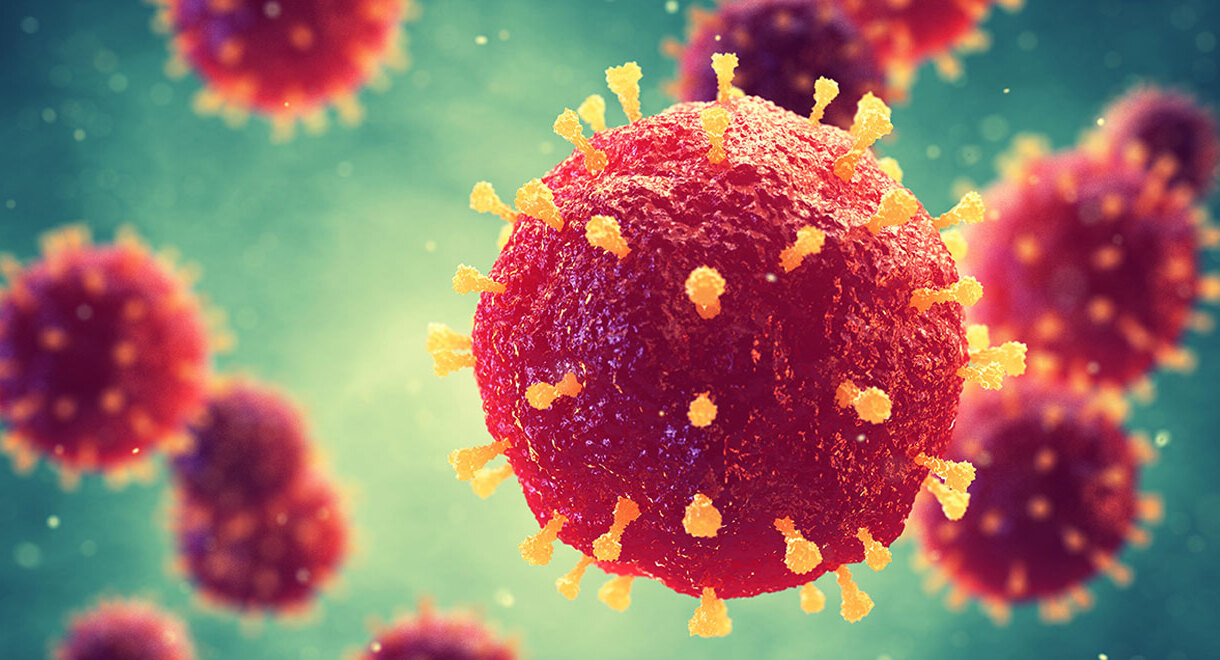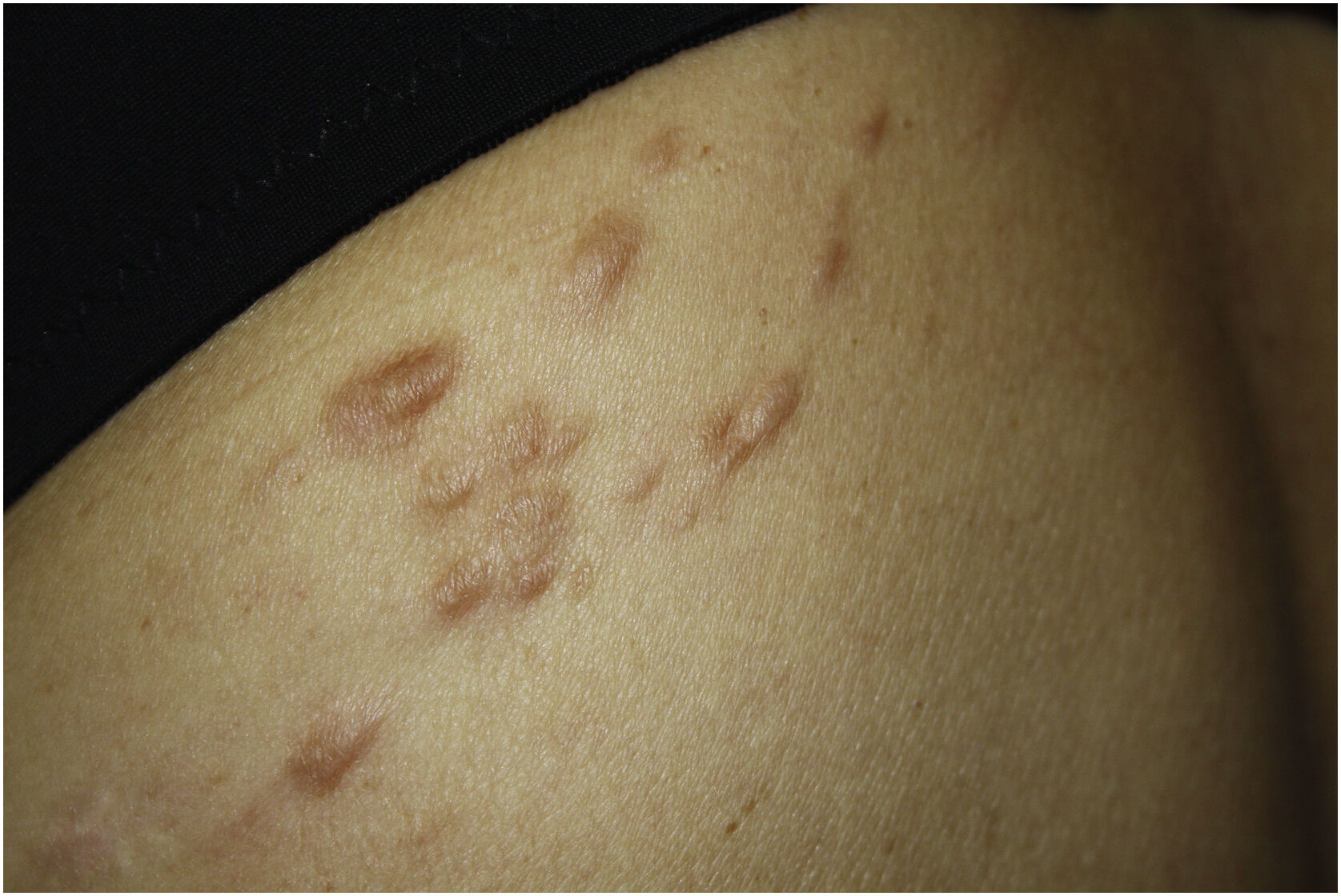
What is autoimmune hepatitis? Autoimmune hepatitis (AIH) is a chronic liver disease where the immune system mistakenly attacks healthy liver cells, causing inflammation and damage. This condition can affect anyone, regardless of age, gender, or race. Symptoms often include fatigue, jaundice, abdominal pain, and joint pain. Diagnosing AIH involves blood tests, liver biopsies, and identifying specific autoantibodies. Treatment typically includes immunosuppressive medications to reduce liver inflammation and prevent further damage. Left untreated, AIH can lead to severe complications like cirrhosis and liver failure. Understanding AIH is crucial for early diagnosis and effective management, improving the quality of life for those affected.
What is Autoimmune Hepatitis?
Autoimmune hepatitis (AIH) is a chronic liver disease where the immune system mistakenly attacks healthy liver cells. This leads to inflammation and potential liver damage. Let's dive into some key facts about this condition.
-
Definition: Autoimmune hepatitis is a chronic disease in which the body's immune system attacks the liver, causing inflammation and liver damage.
-
Types: There are two clinically relevant types of AIH: Type 1 and Type 2. Type 1 is more common and usually diagnosed in adulthood, while Type 2 is often diagnosed during childhood and can be more severe.
-
Etiology: The exact cause of AIH is unknown, but it is believed to result from a combination of genetic predisposition, environmental triggers, and an imbalance in the immune system.
Symptoms and Diagnosis
Recognizing the symptoms and understanding the diagnostic process is crucial for managing AIH effectively.
-
Symptoms: Common symptoms include fatigue, itching (pruritus), yellowing of the skin and whites of the eyes (jaundice), nausea, vomiting, abdominal pain, weight loss, light-colored stools, dark-colored urine, joint pain, and rashes.
-
Diagnosis: AIH is diagnosed via a combination of clinical symptoms, blood work, and liver biopsy. Specific autoantibodies such as anti-smooth muscle antibodies (ASMA) and anti-liver/anti-kidney microsome (anti-LKM) type 1 antibodies are used for diagnosis.
-
Blood Work: Blood tests are essential for diagnosing AIH. They typically reveal elevated liver enzymes and specific autoantibodies associated with the disease.
-
Liver Biopsy: A liver biopsy may be performed to confirm the diagnosis and assess the extent of liver damage. Histological findings include chronic inflammation and fibrosis.
Prevalence and Demographics
AIH affects people differently based on gender, age, and geography.
-
Incidence: The incidence of AIH varies globally, but it is estimated to be around 0.9 to 2 cases per 100,000 population per year in Europe.
-
Prevalence: The prevalence of AIH is estimated to be between 11 to 25 cases per 100,000 population per year in Europe.
-
Gender Distribution: AIH is more common in females than males, with a gender ratio of approximately 3.6:1.
-
Age Distribution: AIH can occur at any age but is most commonly diagnosed in young or middle-aged females. Type 2 AIH is more commonly diagnosed in children and young adults.
Genetic and Environmental Factors
Understanding the genetic and environmental factors can help in identifying those at risk.
-
Genetic Predisposition: Genetic factors play a significant role in the development of AIH. Certain HLA (human leukocyte antigen) alleles are associated with an increased risk of developing the disease.
-
Environmental Triggers: Environmental factors such as infections and toxins may trigger the onset of AIH in genetically predisposed individuals.
Autoantibodies and Pathophysiology
The presence of specific autoantibodies and the underlying mechanisms are key to understanding AIH.
-
Autoantibodies: The presence of specific autoantibodies is crucial for diagnosing AIH. Type 1 AIH is characterized by the presence of ASMA and/or anti-nuclear antibodies (ANA), while Type 2 AIH is characterized by the presence of anti-LKM type 1 antibodies or anti-liver cytosol type 1 antibodies.
-
Pathophysiology: The pathophysiology of AIH involves an imbalance in the immune system where regulatory T cells fail to control effector T cells, leading to chronic inflammation and liver damage.
Complications and Treatment
AIH can lead to severe complications if left untreated, but effective treatments are available.
-
Liver Damage: Chronic inflammation in AIH can lead to scarring of the liver, ultimately resulting in cirrhosis and liver failure if left untreated.
-
Complications: Complications of untreated AIH include cirrhosis, liver failure, and the need for a liver transplant. In severe cases, it can even lead to death.
-
Treatment: The primary treatment for AIH involves immunosuppressive medications such as corticosteroids and other agents that suppress the immune system. The goal is to reduce inflammation and prevent further liver damage.
-
Management: Patients with AIH often require long-term management by a gastroenterologist or hepatologist to monitor the disease and adjust treatment as needed.
Concurrent Autoimmune Diseases
AIH often coexists with other autoimmune diseases, complicating the clinical picture.
- Concurrent Autoimmune Diseases: Approximately 25-50% of patients with AIH will develop another concurrent autoimmune disease in their lifetime. Common associated conditions include type 1 diabetes, Hashimoto’s thyroiditis, and celiac disease.
Clinical Presentation and Natural History
The clinical presentation and progression of AIH can vary widely among patients.
-
Clinical Presentation: The clinical presentation of AIH can vary widely but often includes a combination of symptoms such as fatigue, jaundice, and abdominal pain.
-
Natural History: The natural history of AIH varies widely among patients. Some may experience a gradual progression to cirrhosis and liver failure, while others may have a more benign course.
-
Symptom Severity: The severity of symptoms in AIH can vary widely. Some patients may experience mild symptoms, while others may have more severe manifestations such as fulminant hepatic failure.
Special Considerations in Children and Adults
AIH presents differently in children and adults, requiring tailored approaches.
-
Type 2 AIH in Children: Type 2 AIH is more commonly diagnosed in children and young adults. This type is often associated with fulminant hepatic failure and requires prompt treatment.
-
Type 1 AIH in Adults: Type 1 AIH is typically diagnosed in adulthood and is more common than Type 2. This type often presents with chronic inflammation and fibrosis.
Treatment Outcomes and Liver Transplantation
Treatment outcomes can be positive if managed well, but severe cases may require liver transplantation.
-
Treatment Outcomes: The treatment outcomes for AIH are generally good if diagnosed early and treated appropriately. However, some patients may experience relapses or require long-term immunosuppressive therapy.
-
Liver Transplantation: In severe cases of AIH, liver transplantation may be necessary to restore liver function. This procedure is often considered a last resort when other treatments have failed.
Interprofessional Team Management and Patient Education
Effective management of AIH requires a team approach and patient education.
-
Interprofessional Team Management: Effective management of AIH requires an interprofessional team approach. This includes gastroenterologists, hepatologists, immunologists, and other healthcare professionals working together to coordinate care and improve outcomes.
-
Patient Education: Patient education is crucial for managing AIH effectively. Patients need to understand their condition, adhere to treatment regimens, and recognize early signs of relapse or complications.
Quality of Life and Psychological Impact
AIH can significantly impact a patient's quality of life and mental health.
-
Quality of Life: AIH can significantly impact a patient's quality of life. Symptoms such as fatigue and jaundice can affect daily activities and overall well-being.
-
Psychological Impact: The psychological impact of AIH should not be underestimated. Patients may experience anxiety, depression, and stress related to their condition and treatment.
-
Support Groups: Support groups can provide emotional support and connect patients with others who are experiencing similar challenges. This can help improve mental health and overall well-being.
Research and Future Directions
Ongoing research aims to improve our understanding of AIH and develop more effective treatments.
-
Research and Development: Ongoing research is essential for improving our understanding of AIH and developing more effective treatments. Studies are ongoing to identify genetic markers and environmental triggers that contribute to the disease.
-
Genetic Markers: Identifying genetic markers associated with AIH can help in early diagnosis and targeted treatment. Research is ongoing to identify specific HLA alleles that increase the risk of developing the disease.
-
Environmental Triggers: Understanding environmental triggers is crucial for preventing the onset of AIH. Research is focused on identifying specific toxins or infections that may trigger the disease in genetically predisposed individuals.
Immunosuppressive Therapy and Monitoring
Immunosuppressive therapy is the cornerstone of AIH treatment, requiring regular monitoring.
-
Immunosuppressive Therapy: Immunosuppressive therapy is the primary treatment for AIH. Corticosteroids and other agents that suppress the immune system are commonly used to reduce inflammation and prevent further liver damage.
-
Monitoring and Follow-Up: Regular monitoring and follow-up are essential for managing AIH effectively. Patients need to be regularly assessed for signs of relapse or complications, and treatment adjusted accordingly.
Lifestyle Modifications and Future Directions
Lifestyle changes can help manage AIH symptoms and improve overall health.
-
Lifestyle Modifications: Lifestyle modifications such as a balanced diet, regular exercise, and avoiding alcohol can help manage symptoms and improve overall health in patients with AIH.
-
Future Directions: Ongoing research aims to improve our understanding of AIH and develop more effective treatments. Future directions include identifying new therapeutic targets, improving diagnostic tools, and enhancing patient care through interprofessional collaboration.
-
Concurrent Autoimmune Diseases: AIH often co-exists with other autoimmune diseases. The presence of one autoimmune condition increases the likelihood of developing another.
-
Immunoglobulin G4-Associated AIH: Some cases of AIH are associated with immunoglobulin G4 (IgG4)-related disease. This condition is characterized by the presence of IgG4-positive plasma cells in the liver.
-
Non-Alcoholic Fatty Liver Disease: Patients with AIH may also develop non-alcoholic fatty liver disease (NAFLD). This condition is characterized by excessive fat accumulation in liver cells.
-
Histological Criteria: The International AIH Pathology Group has established consensus recommendations for histological criteria of AIH. These criteria include chronic inflammation, interface hepatitis, and fibrosis.
-
Genetic Susceptibility: Genetic susceptibility plays a significant role in the development of AIH. Certain HLA alleles are associated with an increased risk of developing the disease.
-
Natural History: The natural history of AIH varies widely among patients. Some may experience a gradual progression to cirrhosis and liver failure, while others may have a more benign course.
Understanding Autoimmune Hepatitis
Autoimmune hepatitis (AIH) is a chronic liver disease where the immune system mistakenly attacks liver cells, leading to inflammation and damage. It affects people of all ages and genders, though it's more common in females. Symptoms like fatigue, jaundice, and abdominal pain can vary widely. Diagnosis involves blood tests, liver biopsy, and identifying specific autoantibodies. Treatment usually includes immunosuppressive medications to control inflammation and prevent further liver damage. Long-term management by healthcare professionals is crucial for monitoring the disease and adjusting treatments. AIH can coexist with other autoimmune diseases, making comprehensive care essential. Ongoing research aims to improve understanding and treatment of AIH, offering hope for better patient outcomes. Lifestyle changes, patient education, and support groups also play vital roles in managing this complex condition.
Was this page helpful?
Our commitment to delivering trustworthy and engaging content is at the heart of what we do. Each fact on our site is contributed by real users like you, bringing a wealth of diverse insights and information. To ensure the highest standards of accuracy and reliability, our dedicated editors meticulously review each submission. This process guarantees that the facts we share are not only fascinating but also credible. Trust in our commitment to quality and authenticity as you explore and learn with us.


